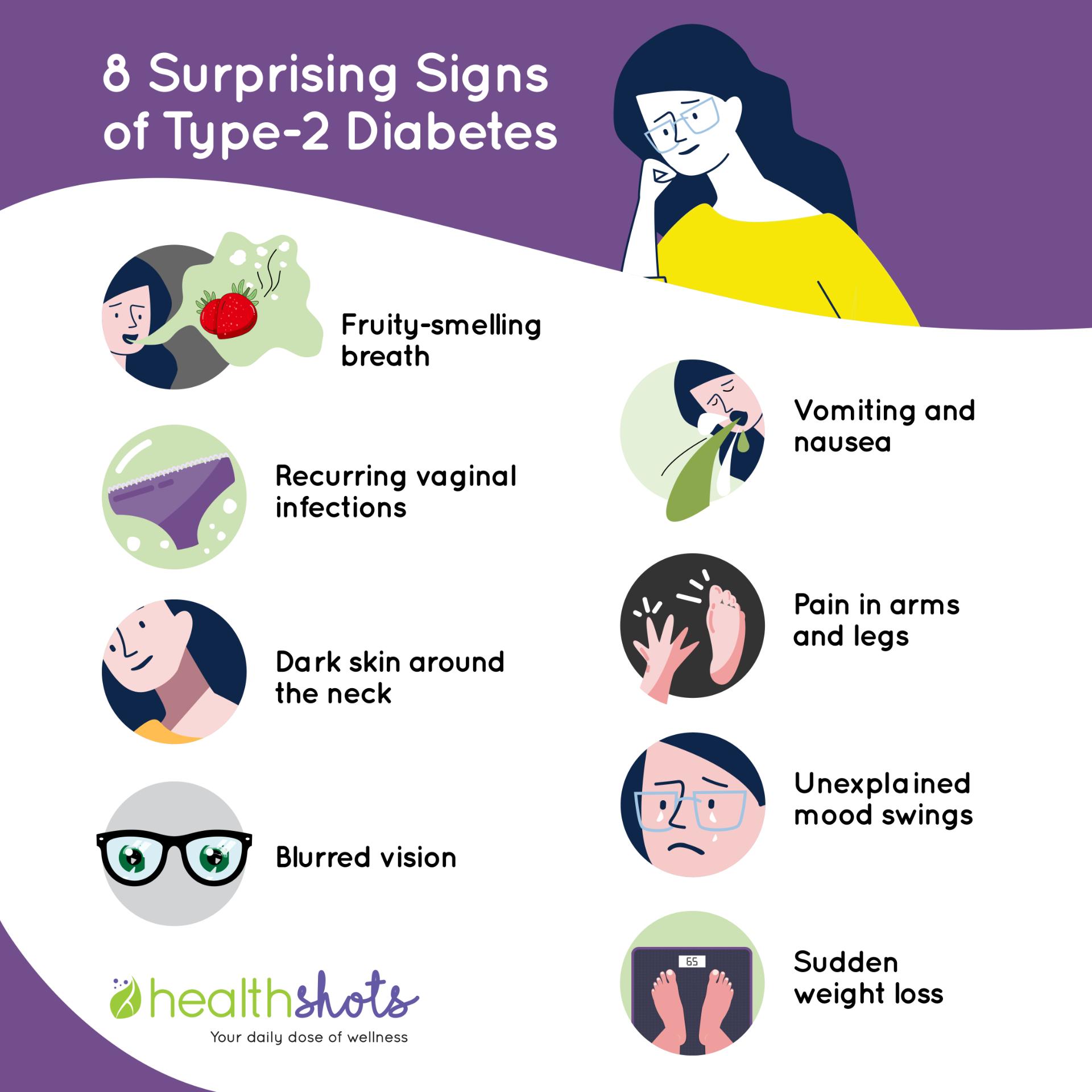
For most of us who are stuck in this lockdown, the only survival kit is food. Even the social media platforms are loaded with people putting what’s cooking in their kitchen.
From momos to cakes we are trying our hands-on every possible relish but if you are digging in all of them then we hope you are burning those calories as well. As apparently, this lockdown weight gain might lead to health problems as well.
Read what the researchers have to say.
According to a recent study published in Diabetologia (the journal of the European Association for the Study of Diabetes [EASD]), there is a higher risk of developing type-2 diabetes by at least 6 times in people suffering from obesity, regardless of genetic predisposition to the disease.

This study is conducted by Dr Theresia Schnurr and Hermina Jakupovi, Novo Nordisk Foundation Center for Basic Metabolic Research, Faculty of Health and Medical Sciences, University of Copenhagen, Denmark, and colleagues.
Unhealthy lifestyle is the major cause of type-2 diabetes
Using data from a case-cohort study nested within the Diet, Cancer and Health cohort in Denmark, the authors examined the joint association of obesity, genetic predisposition, and unfavourable lifestyle with incident type-2 diabetes (T2D). The study sample included 4,729 individuals who developed type-2 diabetes during a median of 14.7 years of follow-up and a randomly selected cohort sample of 5,402 individuals (the control group).
Also, read: Diabetes can be your sex life’s enemy. Here’s how it can cause sexual dysfunction in women
The mean age of all participants was 56.1 years (range 50-65) and 49.6% were women. Overall, 21.8% of all participants were classified as obese, 43.0% as overweight and 35.2% as having normal weight; and 40.0% of the participants had a favourable lifestyle, 34.6% had an intermediate lifestyle and 25.4% had an unfavourable lifestyle.

Genetic predisposition was quantified using a genetic risk score (GRS) comprising 193 known type-2 diabetes-associated genetic variants and divided into 5 risk groups of 20% each (quintiles), from lowest (quintile 1) to highest (quintile 5) genetic risk.
Select Topics of your interest and let us customize your feed.
PERSONALISE NOWLack of physical activity is another reason that can lead to type-2 diabetes
Lifestyle was assessed by a lifestyle score composed of smoking, alcohol consumption, physical activity and diet. Statistical modelling was used to calculate the individual and combined associations of the GRS, obesity and lifestyle score with developing T2D.
Compared with people of normal weight, those with obesity were almost six times more likely to develop T2D, while people who were overweight had a 2.4 times increased risk. For genetic risk, those with the highest GRS were twice as likely to develop T2D as those with the lowest, while those with the unhealthiest lifestyle were 18% more likely to develop T2D than those with the healthiest.
Individuals who ranked high for all three risk factors, with obesity, high GRS and unfavourable lifestyle, had 14.5 times increased risk of developing T2D, compared with individuals who had a normal body weight, low GRS and favourable lifestyle.
Notably, even among individuals with a low GRS and favourable lifestyle, obesity was associated with 8.4 times increased risk of T2D compared with normal-weight individuals in the same genetic and lifestyle risk group. The results suggest that type-2 diabetes prevention by weight management and healthy lifestyle is critical across all genetic risk groups.
The authors concluded:
Furthermore, we found that the effect of obesity on type 2 diabetes risk is dominant over other risk factors, highlighting the importance of weight management in type-2 diabetes prevention.
So, stay active and reduce those unwanted binge sessions as they might prove to be hazardous in the long run.